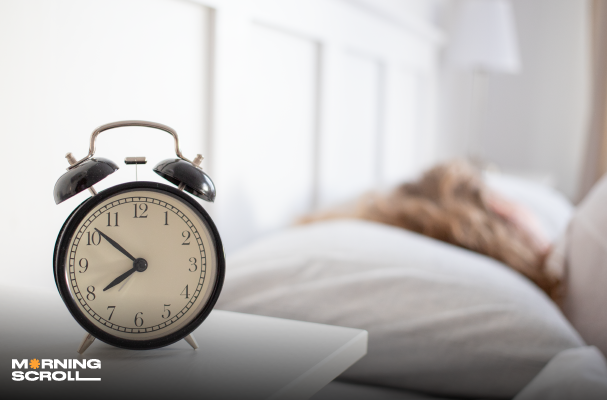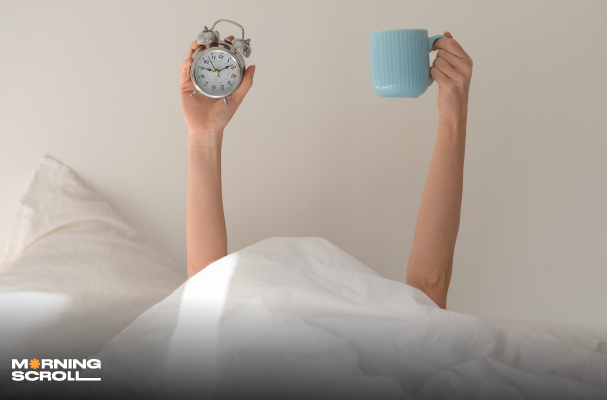I’ve always believed in the power of a good night’s sleep. Going through the daily grind, I’ve discovered how crucial sleep is for maintaining energy and overall wellness. Today, I want to share my journey into understanding the science of sleep and provide practical tips that have helped me wake up refreshed and ready to tackle the day. Let’s explore how improving sleep hygiene can transform our mornings and, ultimately, our lives.
The Connection Between Sleep Quality and Morning Energy

The Sleep Cycle
Sleep consists of several stages, including light sleep, deep sleep, and REM (rapid eye movement) sleep. Each stage plays a vital role in restoring and rejuvenating the body and mind. Disruptions in these stages can lead to poor sleep quality and decreased morning energy levels. According to the National Sleep Foundation, an ideal night’s sleep involves cycling through these stages multiple times, ensuring the body gets the rest it needs.
Circadian Rhythm
The circadian rhythm is the body’s internal clock that regulates sleep-wake cycles. It is influenced by external cues like light and temperature. Maintaining a consistent sleep schedule helps synchronize the circadian rhythm, promoting better sleep quality and increased morning energy. Studies have shown that irregular sleep patterns can disrupt this rhythm, leading to grogginess and fatigue upon waking.
Tips for Improving Sleep Hygiene
1. Create a Relaxing Bedtime Routine

Establishing a calming pre-sleep routine signals to your body that it’s time to wind down. This can include activities like reading, taking a warm bath, or practicing mindfulness meditation. Avoiding stimulating activities, such as watching TV or using electronic devices, can also help prepare your mind for sleep.
2. Better Your Sleep Environment

Creating a sleep-friendly environment is essential for quality rest. Ensure your bedroom is cool, dark, and quiet. Investing in a comfortable mattress and pillows can make a significant difference. Consider using blackout curtains and white noise machines if external factors are disruptive.
3. Limit Caffeine and Alcohol Intake

Caffeine and alcohol can interfere with sleep patterns. Try to avoid consuming these substances several hours before bedtime. Opt for herbal teas or other non-caffeinated beverages in the evening to promote relaxation.
4. Stick to a Consistent Sleep Schedule

Going to bed and waking up at the same time every day helps regulate your circadian rhythm. Even on weekends, try to maintain your routine to prevent disrupting your sleep cycle.
5. Be Mindful of Your Diet

Eating a heavy meal before bedtime can disrupt sleep. Aim to have your last meal a few hours before you go to bed. If you’re hungry, opt for a light snack like a banana or a handful of nuts, which contain sleep-promoting nutrients.
Prioritizing sleep and understanding its impact on morning energy can lead to a healthier, more productive lifestyle. By adopting good sleep hygiene practices and making small adjustments to your routine, you can wake up feeling refreshed and ready to take on the day. Remember, a good night’s sleep is an investment in your overall well-being.


